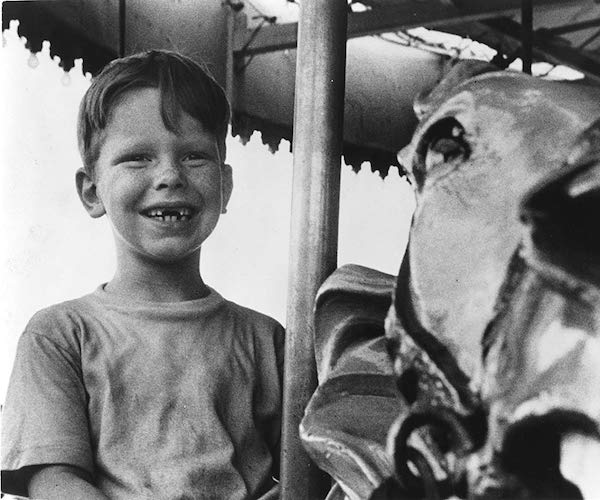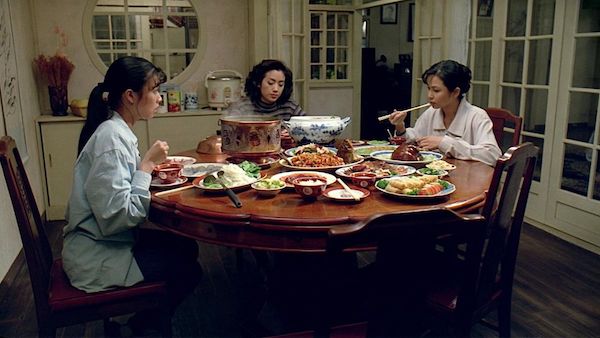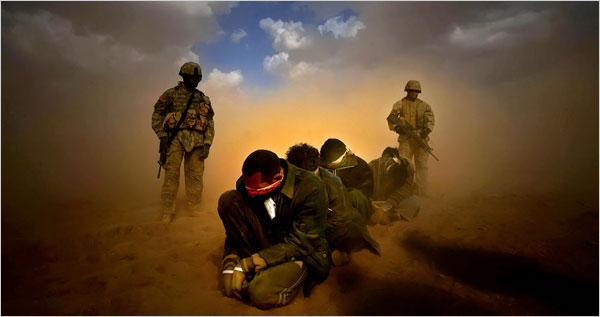Film Review: More Movies to Watch While Sheltering in Place — It’s Stir-Crazy 7
By Gerald Peary
Five more feature films of great interest and their links, carefully chosen to get you through the continuing travails of the coronavirus.

Richie Andrusca in a scene from 1953’s The Little Fugitive.
The Little Fugitive (1953) — Married photographers Ruth Orkin and Morris Engel were also independent film pioneers, making low-budget black-and-white 35mm features in the ’50s. Like the Italian neo-realists, they told tiny, simple stories using non-actors and shot in the streets. Here, we see Coney Island from the point of view of a curious, feverishly active child. Mini-sized Richie Andrusca is endlessly entertaining, whether he’s chowing down watermelon, swinging a 36-inch bat in a batting cage, or returning Coke bottles for the two-cent deposit. Part Little Rascal, part a diminutive Buster Keaton, Richie in The Little Fugitive look ahead to Francois Truffaut’s more serious, anguished picture of childhood, The 400 Blows. With Spanish subtitles. https://www.youtube.com/watch?v=GlS56CDXiRo
Rachel Rachel (1968) — A sincere “woman’s picture” directed by Paul Newman, featuring Joanne Woodward as a virginal schoolteacher trapped in a stultifying small town and living with her dotty mother. Screenwriter Stewart Stern (Rebel Without a Cause) mostly sticks close to the source, A Jest of God, whose author, Margaret Laurence, was Canada’s most popular female novelist prior to Margaret Atwood. Laurence’s story has a Canadian specificity in the across-the-tracks romance of Rachel, who’s from a proper Scots family, and a son of Ukrainian immigrants. The movie is located somewhere in the USA, and the ethnic backgrounds are rendered irrelevant. Still, Rachel’s journey toward a shaky freedom is worth rooting for because of the performance of Woodward. Rental $1.99. https://www.youtube.com/watch?v=k-uSbSU9k1s

A scene from Eat Drink Man Woman.
Eat Drink Man Woman (1994) — Traditional Chinese cuisine is fetishized by director Ang Lee via his protagonist, a master Cantonese-style chef living in Taiwan. He slices and dices through enough mouth-watering dishes to feed his city of Taipei. This stern King Lear of the kitchen, a widower, has ambivalent relationships with his three adult daughters, who are struggling to find love and selfhood. The crisscross stories of the three women are poignant if a little melodramatic, and all resonate when Dad comes around. Father-daughter troubles, quiet domestic tragedies, and Lee’s inspirations are impeccable: Ozu’s Japanese classics like Early Summer and Autumn Afternoon. $3.99 on Amazon Prime. https://www.amazon.com/Eat-Drink-Woman-Sihung-Lung/dp/B0049P5GME
The Pervert’s Guide to Cinema (2007) –This is Sophie Fiennes’ mindful, entertaining, three-part video of Slavoj Zizek, the fuzzy-bearded Slovenian philosopher, theorizing about cinema as “the complex Oedipal universe.” Snippets from varieties of movies — high-art Tarkovsky, The Exorcist, and a Disney cartoon — are accompanied by Zizek’s bubbly, non-stop commentary. He’s filmed in multiple locales, sometimes where the movie scene under discussion was actually shot. For instance, a California trip takes him to the motel where Gene Hackman witnessed a murder in The Conversation, to the Universal Pictures back-lot set of Psycho, to the place under the Golden Gate Bridge where Kim Novak feigned a suicide attempt in Vertigo. For Zizek, cinema is a Freudian boiling cauldron, and he cheers when the id runs amok: Harpo Marx chasing nymphs. http://www.documentarymania.com/player.php?title=The%20Pervert%20Guide%20to%20Cinema

A scene from Taxi to the Dark Side.
Taxi to the Dark Side (2007) — In 2002, An Afghani jitney driver named Dilawar disappeared, later was found dead, after being tortured by the American soldiers who’d detained him in Bagram prison. The unconscionable maltreatment of this obscure driver becomes, in this tough, superb investigative documentary by Alex Gibney, a metaphor for America’s ignominious torture policy, from Afghanistan to Iraq to Guantanamo Bay. What had been fostered for decades by the CIA, especially in Viet Nam, came to bloom anew with rule of George W. Bush and his cohorts: a willful abandonment of the Geneva Convention rules regarding political prisoners. Quoth Dick Cheney on Meet the Press: “We have to do things on the dark side, spend time in the shadows.” If you believe that Cheney, Rumsfeld, et. al. still should be shipped to the Hague for war crimes, there’s the clear evidence in this telling documentary. $3.99 HD rental, $2.99 SD. https://www.youtube.com/watch?v=hdwHDme-1eI
Gerald Peary is a Professor Emeritus at Suffolk University, Boston, curator of the Boston University Cinematheque, and the general editor of the “Conversations with Filmmakers” series from the University Press of Mississippi. A critic for the late Boston Phoenix, he is the author of nine books on cinema, writer-director of the documentaries For the Love of Movies: the Story of American Film Criticism and Archie’s Betty, and a featured actor in the 2013 independent narrative Computer Chess. His new feature documentary, The Rabbi Goes West, co-directed by Amy Geller, is playing at film festivals around the world.
Tagged: Eat Drink Man Woman, Rachel Rachel, Taxi to the Dark Side, The Little Fugitive
